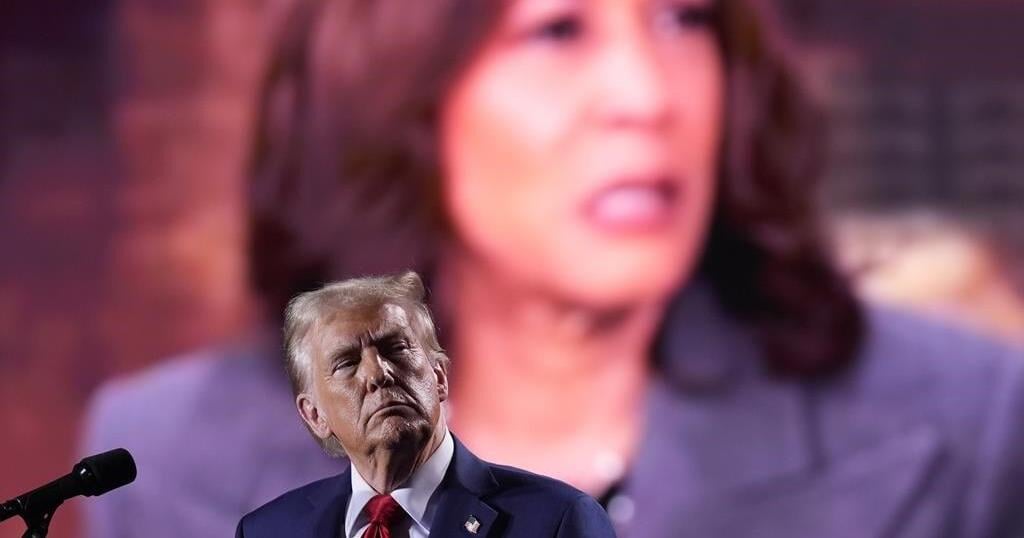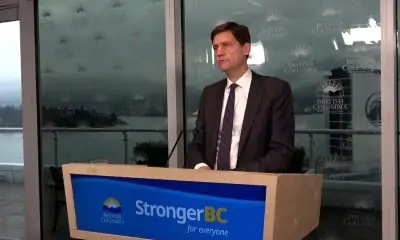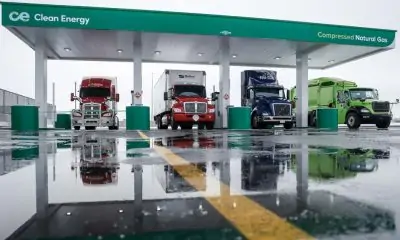NORMAN WELLS, N.W.T. – Imperial Oil says it will temporarily reduce its fuel prices in a Northwest Territories community that has seen costs skyrocket due to low water on the Mackenzie River forcing the cancellation of the summer barge resupply season.
Imperial says in a Facebook post it will cut the air transportation portion that’s included in its wholesale price in Norman Wells for diesel fuel, or heating oil, from $3.38 per litre to $1.69 per litre, starting Tuesday.
The air transportation increase, it further states, will be implemented over a longer period.
It says Imperial is closely monitoring how much fuel needs to be airlifted to the Norman Wells area to prevent runouts until the winter road season begins and supplies can be replenished.
Gasoline and heating fuel prices approached $5 a litre at the start of this month.
Norman Wells’ town council declared a local emergency on humanitarian grounds last week as some of its 700 residents said they were facing monthly fuel bills coming to more than $5,000.
“The wholesale price increase that Imperial has applied is strictly to cover the air transportation costs. There is no Imperial profit margin included on the wholesale price. Imperial does not set prices at the retail level,” Imperial’s statement on Monday said.
The statement further said Imperial is working closely with the Northwest Territories government on ways to help residents in the near term.
“Imperial Oil’s decision to lower the price of home heating fuel offers immediate relief to residents facing financial pressures. This step reflects a swift response by Imperial Oil to discussions with the GNWT and will help ease short-term financial burdens on residents,” Caroline Wawzonek, Deputy Premier and Minister of Finance and Infrastructure, said in a news release Monday.
Wawzonek also noted the Territories government has supported the community with implementation of a fund supporting businesses and communities impacted by barge cancellations. She said there have also been increases to the Senior Home Heating Subsidy in Norman Wells, and continued support for heating costs for eligible Income Assistance recipients.
Additionally, she said the government has donated $150,000 to the Norman Wells food bank.
In its declaration of a state of emergency, the town said the mayor and council recognized the recent hike in fuel prices has strained household budgets, raised transportation costs, and affected local businesses.
It added that for the next three months, water and sewer service fees will be waived for all residents and businesses.
This report by The Canadian Press was first published Oct. 21, 2024.




























